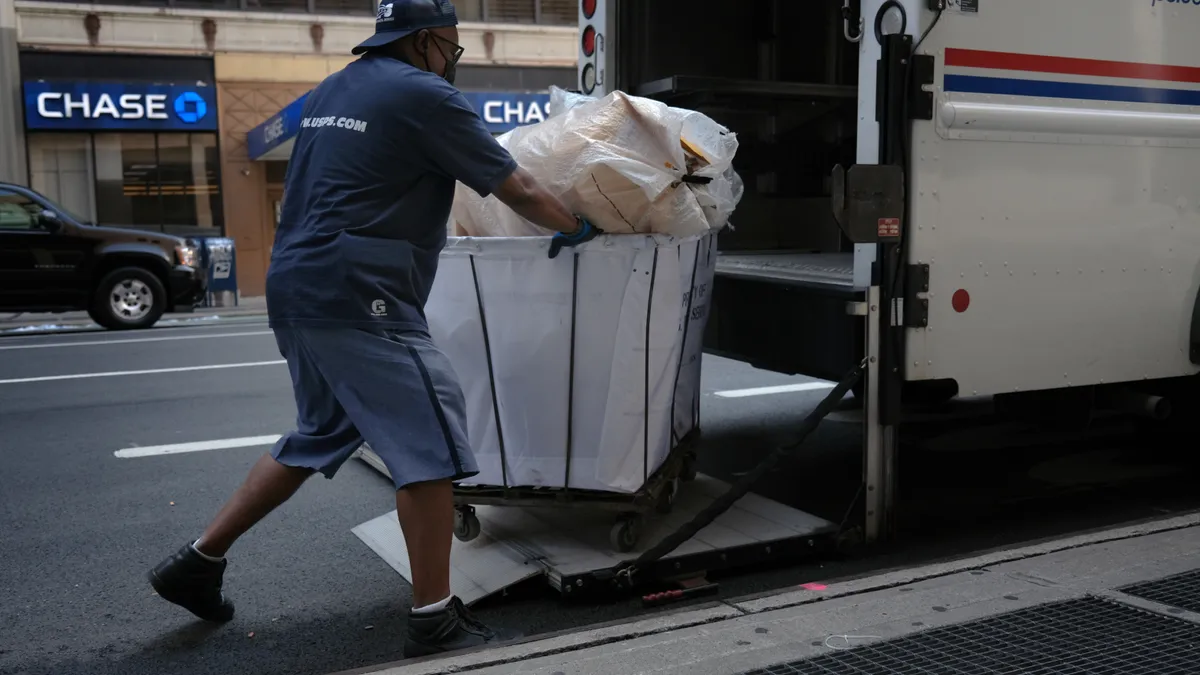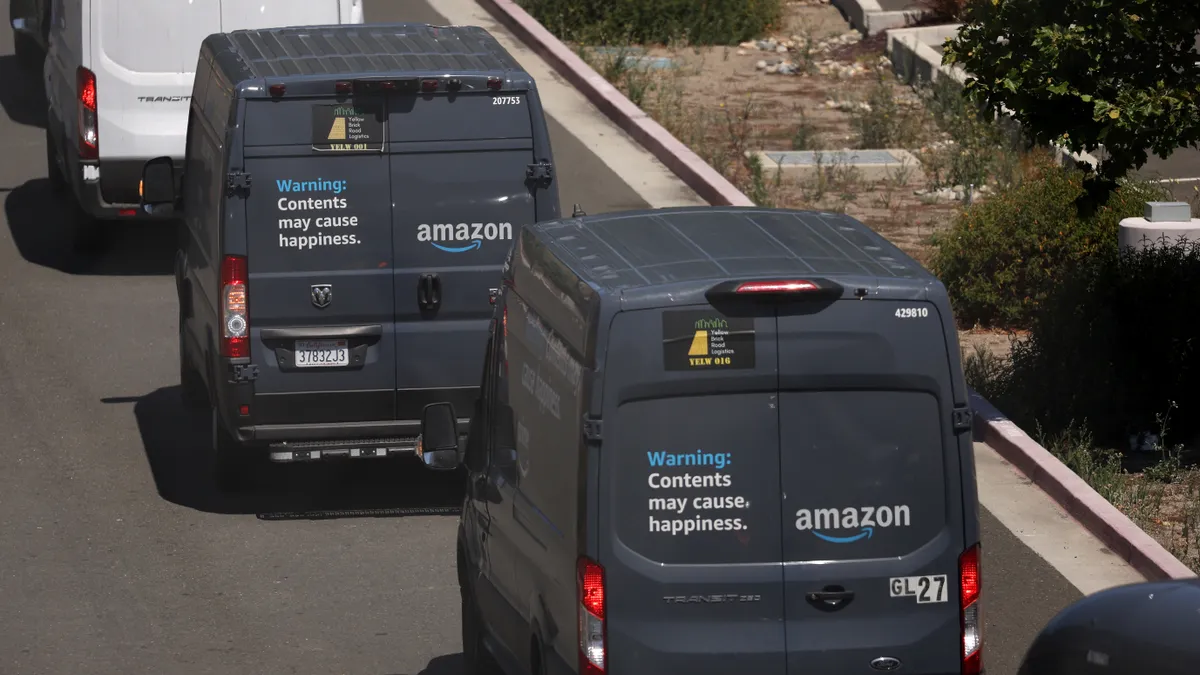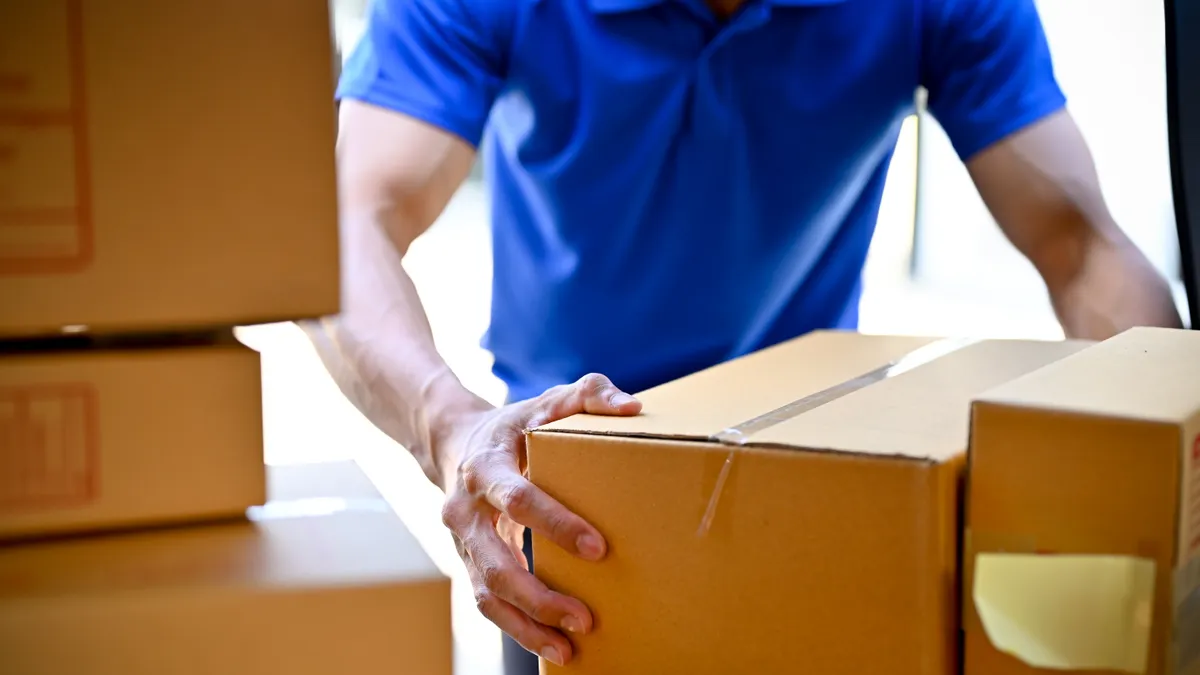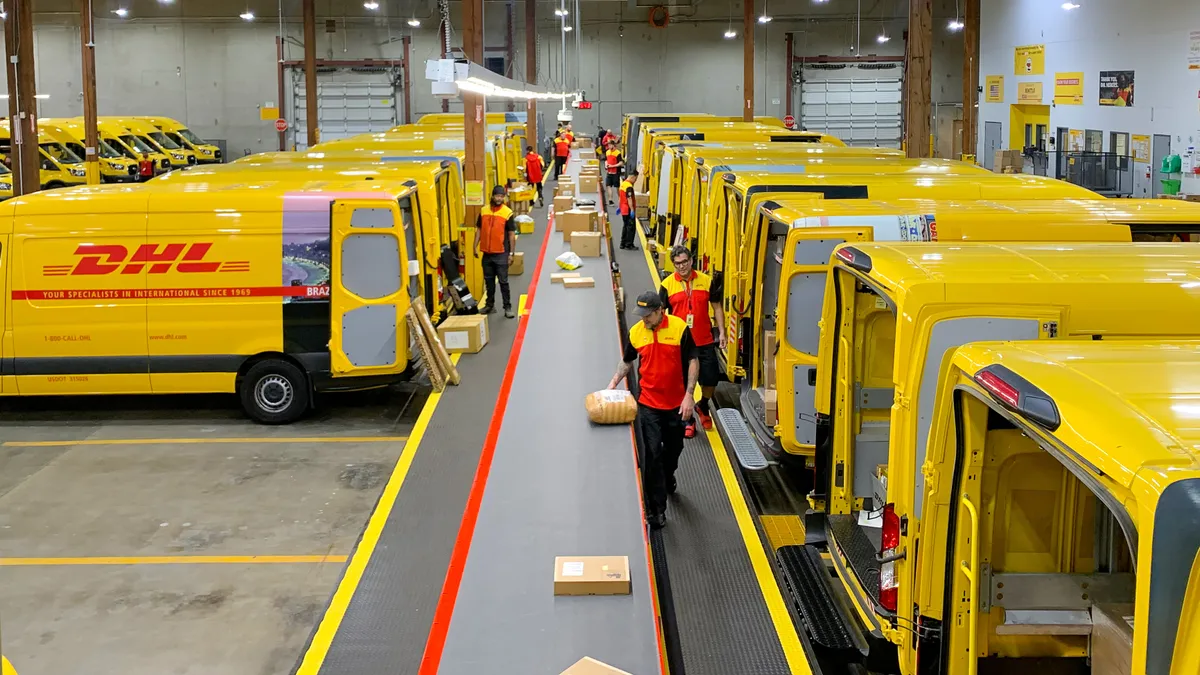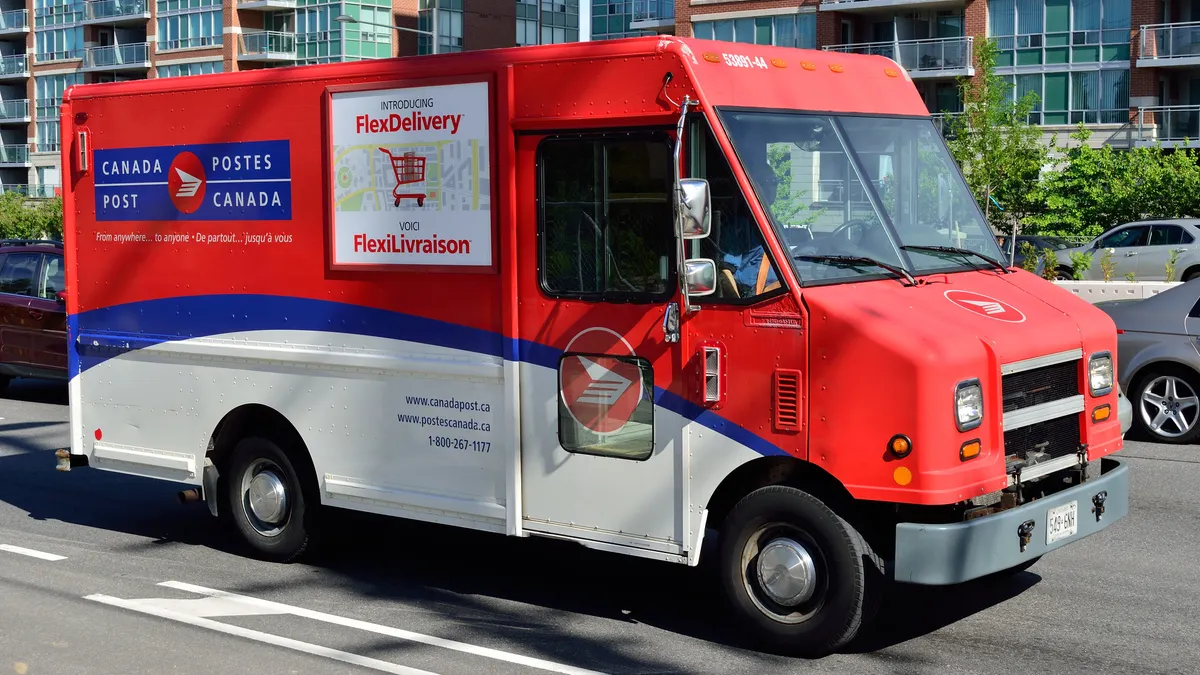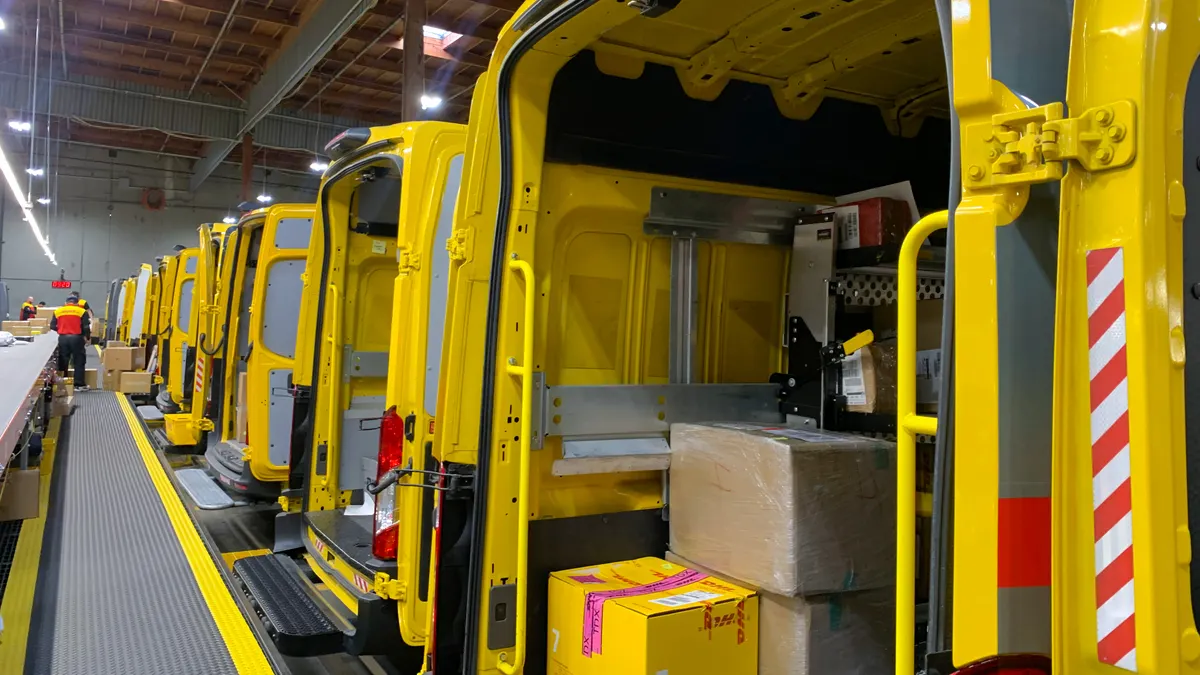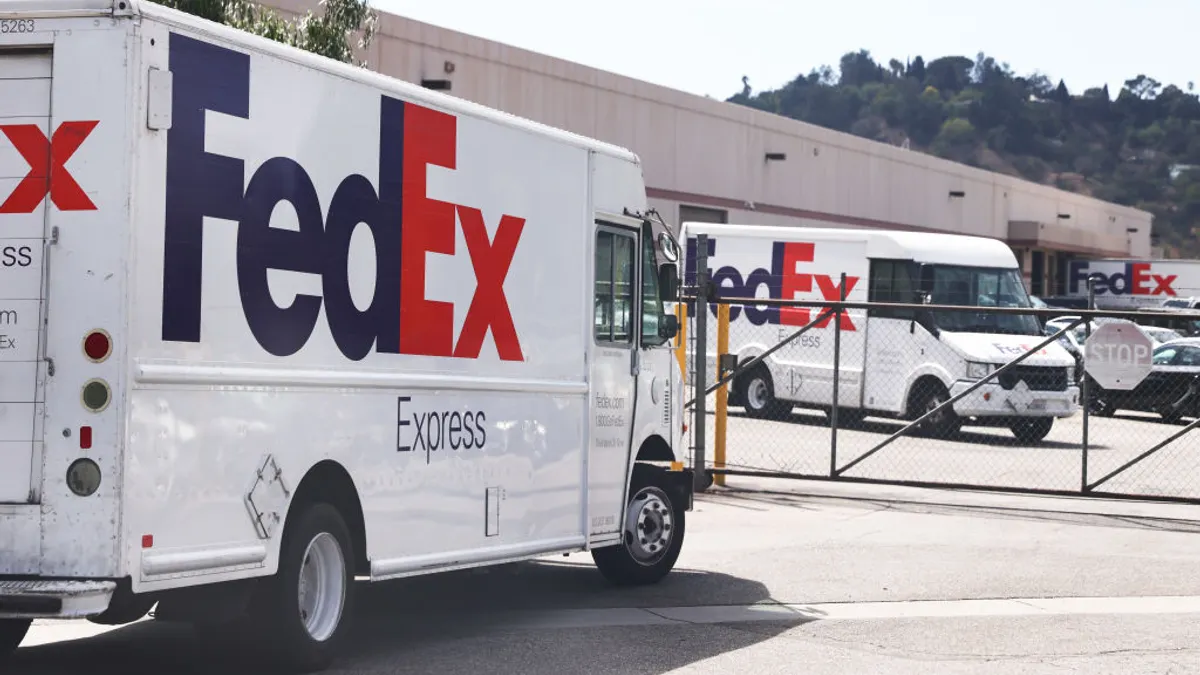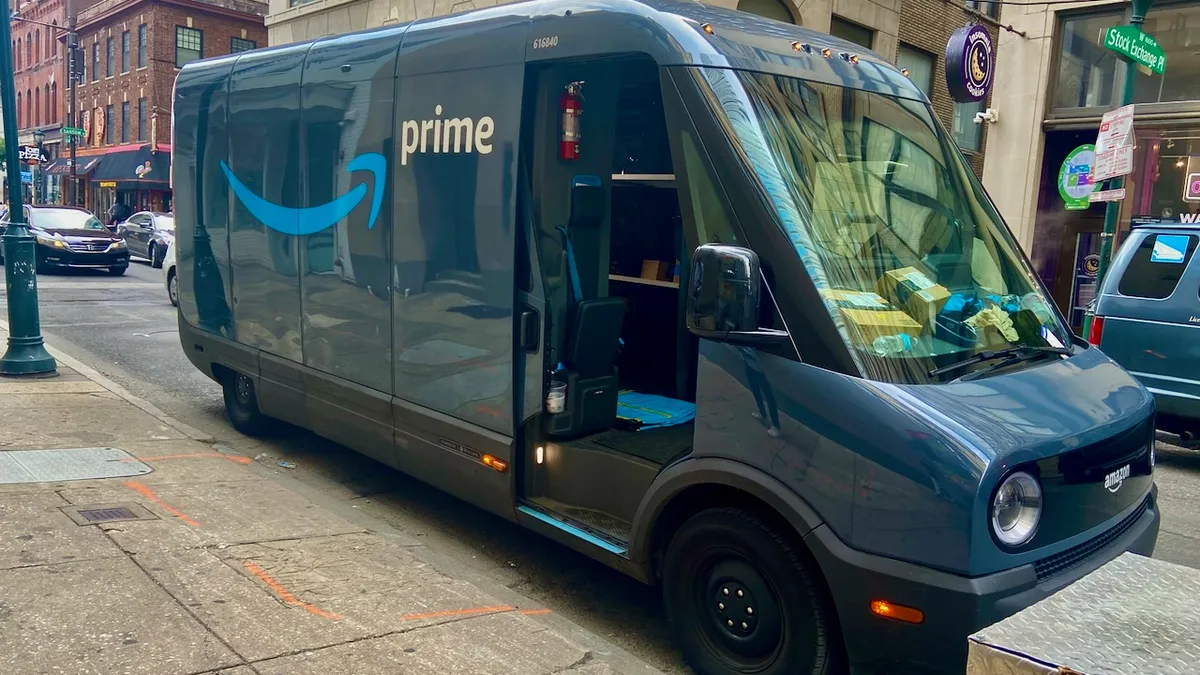U.S. Postal Service stakeholders called on the agency to pause its "Delivering for America" overhaul and roll back changes impacting parcel consolidators during a House of Representatives subcommittee hearing on June 24.
Speakers at the hearing, which included leaders at package shipping and commercial mailing industry groups, criticized the 10-year plan launched under former Postmaster General Louis DeJoy in 2021. Reasons included negative impacts to on-time delivery performance and additional costs incurred through heavy investments in its processing network.
The hearing came ahead of the Postal Service's next postmaster general, former Waste Management CEO and FedEx board member David Steiner, taking the helm and charting the path forward for the financially ailing agency. Steiner is expected to join the Postal Service this month.
"There are specific aspects of the Delivering for America plan that we think could be paused while the new leadership team is allowed to come in and do an assessment of the current state of the agency and what it needs to go forward," said Michael Plunkett, president and CEO of the Association for Postal Commerce, during the hearing.
Delivering for America has changed how the Postal Service works with consolidators like DHL eCommerce and OSM Worldwide, which use the agency for final-mile delivery of its shippers' parcels. USPS began eliminating long-standing rate discounts last year for parcel dropoffs at post offices near the end recipient, incentivizing consolidators to induct packages at locations further upstream.
The Postal Service's goal through the shift is to utilize more of its processing and distribution assets while establishing more direct relationships with package shippers. But Jim Cochrane, CEO of the Package Shippers Association, said the plan has encountered speed bumps. As packages moved upstream, the agency's processing network became "gridlocked" and created service issues that took time to remediate.
Cochrane and other stakeholders said the Postal Service would be best served by encouraging more package dropoffs closer to the end customer, leaving middle-mile processing and transportation to private companies. Stakeholders argued that these partners could handle the volume more efficiently and reliably until the last mile, allowing the Postal Service to focus on its biggest strength: delivery coverage that spans the entire U.S.
"We know that the longer the Postal Service holds on to a letter, a package or flat, that the worse the service gets," Plunkett said. "So we believe for every product category, the Postal Service should be maximizing downstream entry to increase efficiency and improve service."
Despite its leadership shakeup, the Postal Service hasn't signaled a shift in its approach to consolidator volume. Plunkett flagged the July 13 implementation of new mailing rates, including the elimination of discounts for volume inducted at network distribution centers, as a potential risk for delivery reliability. The agency's changes could disincentivize mailers from inducting volume closer to its end destination and potentially clog the network, he said.
"There's the real possibility of gridlock in the middle of July when those incentives are taken away and all of a sudden, mailers just dump all of their mail at the point of origin," Plunkett said. "That's something our members are bracing for."
Hearing participants also spoke out against privatizing the Postal Service, a scenario floated by President Donald Trump.
In its current form, the agency is required to deliver to all Americans promptly and reliably under its universal service obligation. National Association of Letter Carriers President Brian Renfroe said privatization would put the service mandate at risk, potentially reducing country-wide access or spurring higher costs.
Other countries have privatized their postal operations, but they've continued to struggle financially due to plummeting mail volumes, said Elena Spatoulas Patel, an assistant professor at the University of Utah who previously worked for the Postal Regulatory Commission.
"The Postal Service needs to modernize its operations, but maintain its network, maintain its last mile delivery, maintain its universal service obligation, so that everybody has access to these services in a public way," Patel said.
Editor's note: This story was first published in our Logistics Weekly newsletter. Sign up here.



